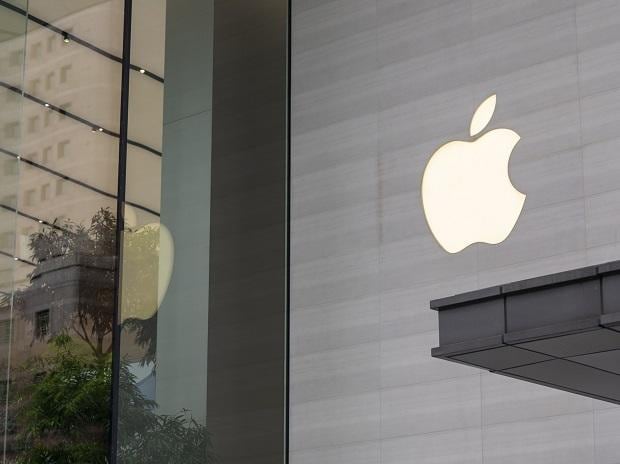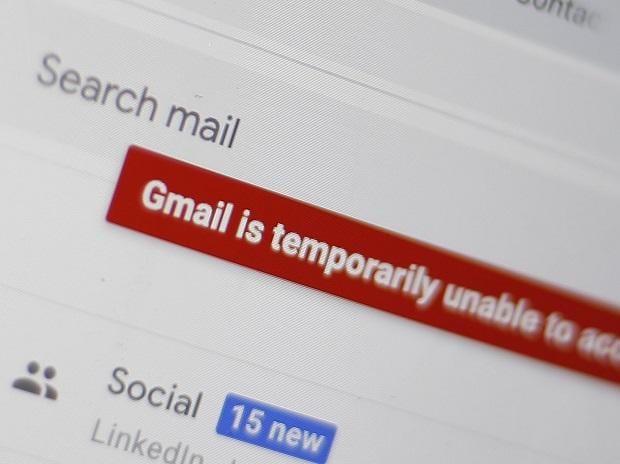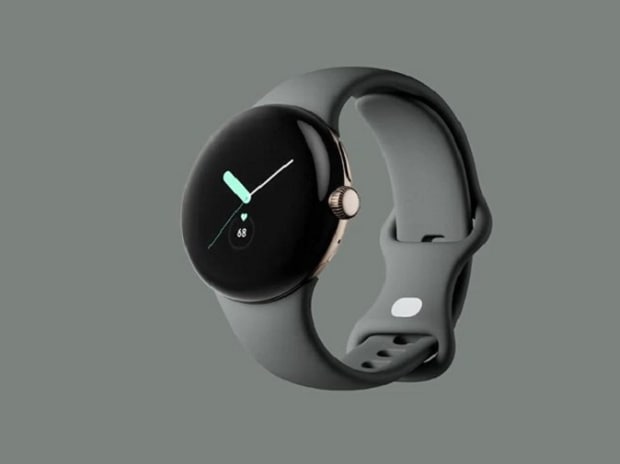Apple Inc. introduced its first redesigned entry-level iPad in five years, as well as a new speedier Pro model and a cheaper TV set-top box, seeking to entice consumers as it heads into what’s expected to be another record holiday quarter.
The latest iPad Pro now sports the same M2 chip used in recent Mac computers, while the entry-level iPad is getting a fresh design and new charging port, the company said Tuesday in a series of online announcements. The new Apple TV device, meanwhile, has a lower price and more storage.
The changes help revitalize products that are often overshadowed by Apple’s iPhone, the company’s biggest moneymaker. The iPad generates roughly 9% of the tech giant’s revenue and enjoyed a resurgence during the early days of the pandemic, though it also suffered from supply shortages. The company’s home products, part of a division that includes the Apple TV box as well as smartwatches and speakers, generated nearly 11% of revenue last year.
Apple is expected to rake in more than $128 billion in its December quarter, up about 4% from a year earlier. That’s slower growth than it’s seen in recent holiday periods, but the company is contending with sluggish consumer spending, inflation pressure and fears of a recession.
Apple had initially intended to boost iPhone production this year to meet an uptick in demand, but it scaled back those plans in recent weeks, Bloomberg News reported. The Information said Tuesday that Apple is reevaluating demand for the iPhone Plus, a new model with a large screen but not the features of the iPhone 14 Pro or Pro Max.
Apple shares dipped 0.3% to $141.95 as of 3:15 p.m. in New York.
Tuesday’s crop of new products could give consumers a reason to upgrade or spring for a higher-end model. The new iPad Pro and Apple TV represent the first refreshes to those products in a year and a half. After a minor update in September 2021, the entry-level iPad now has a whole new look — and a $120 price increase.
The Apple TV box is still central to the company’s living-room strategy, but the product has been eclipsed by cheaper rivals from Amazon.com Inc. and Alphabet Inc.’s Google. The device only accounts for about 5% of the market, according to recent data from EMarketer Inc.
With the iPad Pro, first introduced in 2015, Apple has sought to make the device a compelling replacement for a laptop. The Cupertino, California-based company offers a Magic Keyboard with a built-in track pad. And it has developed an interface called Stage Manager that’s meant to ease multitasking, though that feature has received tepid initial reviews.
The new iPad Pro looks identical to the models released in 2021, 2020 and 2018. The main change is the addition of the M2 chip. The new model runs 15% faster than the M1 version, according to Apple, and it continues to come in 11-inch and 12.9-inch sizes.
The new iPad Pro also gets faster Wi-Fi connectivity and an Apple Pencil feature that lets the stylus work while hovering above — but not touching — the screen. There’s also support for ProRes video recording, a more advanced format.
Altogether, this year’s iPad Pro probably has the least significant changes of any upgrade since it first launched seven years ago. Apple is also keeping pricing and storage options the same. The 11-inch model will continue to cost $799, while the 12.9-inch version stays at $1,099. But the price can reach as high as $2,399 with the largest screen size, 2 terabytes of storage and 5G connectivity.
Bigger changes are coming to the entry-level iPad. The device is getting a fresh look with flat edges, matching the iPad Pro, iPad Air and iPad mini. For the first time, the entry-level model gains a USB-C connector, replacing the Lightning port. That move will unify Apple’s iPad connector strategy, increase data transfer speeds and meet an upcoming requirement from the European Union.
The new entry-level iPad costs $449, an increase from the $329 price of the previous model. Given that higher price, Apple is retaining last year’s model at $329 to offer consumers a lower-budget option.
The company also launched a new Magic Keyboard Folio for $250 that adds a function row for music, brightness and other controls to the accessory, in addition to a kickstand. The item is similar to offerings from Microsoft Corp. for its Surface devices.
The new model also moves the front-facing camera to the horizontal side of the device, adds an A14 Bionic chip, and comes in colors like blue and yellow. The new iPads will go on sale for preorders Tuesday, with the products reaching stores Oct. 26.
Surprisingly, the new Pro models don’t include an updated keyboard attachment and horizontally placed camera — a common request from consumers. The new entry-level model only supports the original Apple Pencil from 2015, which charges with a Lightning connector. That’s an inconvenient decision given that the new iPad has a USB-C port, not Lightning. That means users will need to buy a $9 dongle to charge the Apple Pencil with the new tablet.
The iPad was a hot seller for Apple when the pandemic forced consumers to spruce up their home offices. That helped extend a rebound for a product that had seen sales slow in the latter half of the 2010s.

The new Apple TV now comes in two variations: a cheaper $129 version that can only connect to the internet using Wi-Fi, and a $149 version that has an Ethernet port for wired connections. The Wi-Fi-only version has 64 gigabytes of storage, while the higher-end version has 128 gigabytes — double the maximum space ever offered in an Apple TV.
Both new Apple TVs have an A15 chip, an upgrade from the A12 in the previous model. Apple has also upgraded the Siri Remote that comes with the Apple TV to use a USB-C port for charging instead of Lightning. An older model without 4K video support, the Apple TV HD for $99, has been discontinued, while the new versions gain improved high-dynamic-range video.
The new box is slightly thinner and about half the weight of the previous version. That’s because the company has removed the internal fan. Given that the device is stationary and typically sits inside of cabinets below TVs, such changes likely aren’t a reason to upgrade.
Bloomberg News reported last week on Apple’s plans to update the iPad Pro, entry-level tablet and Apple TV box. The company is also planning to announce new versions of the MacBook Pro with M2 Pro and M2 Max chips later this year.
Apple is looking to eventually push its tablet deeper into the home with a plan to turn the device into a smart hub and speaker. The approach would be similar to what Google is doing with its upcoming Pixel Tablet, Bloomberg News reported.
Apple also has been working to fine-tune Stage Manager, the iPad’s multitasking software, after a glitchy debut in the beta version of iPadOS 16. Apple said the software, which includes the new interface, will be formally released on Oct. 24. MacOS Ventura, the new Mac software with the same feature, launches the same day.
The feature is designed to let users run multiple apps on the same screen at once, similar to a Mac or PC. But testers of the software found it suffered from bugs and a muddled interface. Apple has pledged to make improvements and delayed a mode that can work with external monitors until later this year.
Note:- (Not all news on the site expresses the point of view of the site, but we transmit this news automatically and translate it through programmatic technology on the site and not from a human editor. The content is auto-generated from a syndicated feed.))



